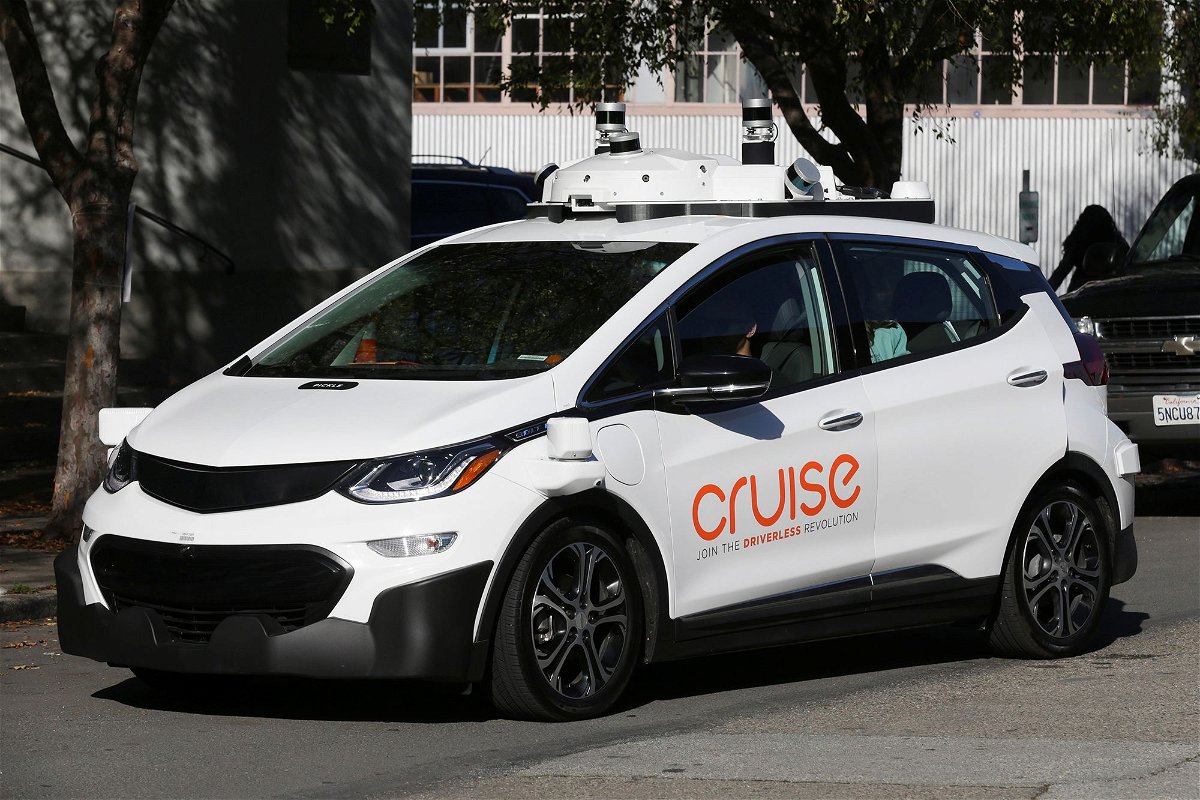Dubai to start robotaxi trials next month in major autonomous push

By Aimee Look, CNN
Abu Dhabi, UAE (CNN) — Dubai is rolling out its first round of robotaxis next month, as a part of a plan to alleviate congestion and accidents.
Five fully autonomous electric taxis, operated by a General Motors subsidiary called Cruise, will begin test driving on an 8km (5 mile) stretch in the upscale Jumeirah district of the United Arab Emirates city, according to Ahmed Bahrozyan, the CEO of Dubai’s Roads and Transport Authority (RTA).
Dubai hopes to become the first Middle Eastern city to introduce driverless taxis, Bahrozyan said. Autonomous taxis currently operate in several cities around the world, mostly in the US and China.
Cruise operates commercial robotaxis in US cities like San Francisco, but Dubai would be the first launch of the cars outside the US, Bahrozyan said.
“We are doing our own set of tests and trials in Dubai… every city has its own characteristics,” Bahrozyan said in an interview with CNN. “We have weather conditions that are certainly different than the US.”
RTA plans to roll out 4,000 self-driving taxis by 2030, adding to the fleet of 12,000 traditional taxis in the city. Rides are expected to be slightly more expensive than an ordinary taxi but in the same price range as a private car like Uber.
Cruise entered a contract with the RTA for 15 years, and after this period the taxi market may open up to competitors. Bahroyzyan said he foresees autonomous vehicles eventually making up the majority of the Middle East tourist hub’s taxi fleet.
A year after GM’s Cruise robotaxis were launched in California, the company was forced to cut its fleet in half in the state following a series of collisions. The collisions outlined the potential challenges of driverless cars.
Bahroyzyan said there will be “zero compromise on safety.”
Dubai issued a law in April to regulate autonomous vehicles, setting benchmarks for technical, operational and safety aspects of cars. Selling and buying autonomous cars was also regulated.
WeRide, a Chinese autonomous car technology company began trialing robotaxis in the UAE’s capital, Abu Dhabi, in 2022.
In July, the UAE granted WeRide a license to trial all its vehicles, from robobuses to robosweepers, but the company began testing certain routes a year prior.
The Middle East is a “key focus area” for driverless cars and WeRide said it hopes to deepen its presence in the region. WeRide also has a collaboration with the Saudi Artificial Intelligence Company to develop a robobus route.
Saudi’s Transport General Authority introduced self-driving buses during the 2023 Hajj season in July, shuttling pilgrims in Mecca, according to local media.
The-CNN-Wire
™ & © 2023 Cable News Network, Inc., a Warner Bros. Discovery Company. All rights reserved.